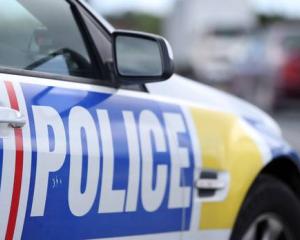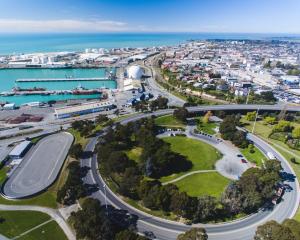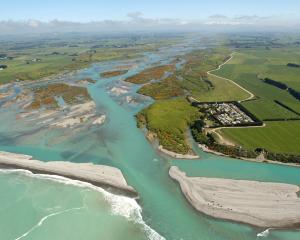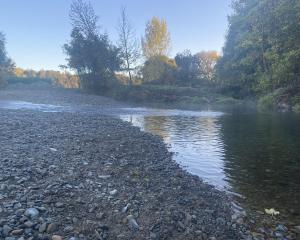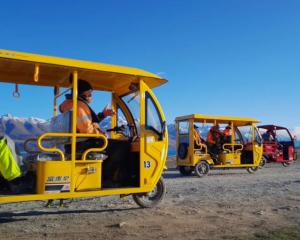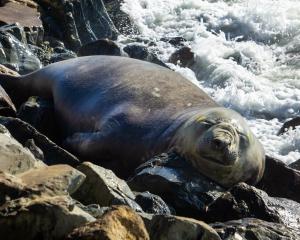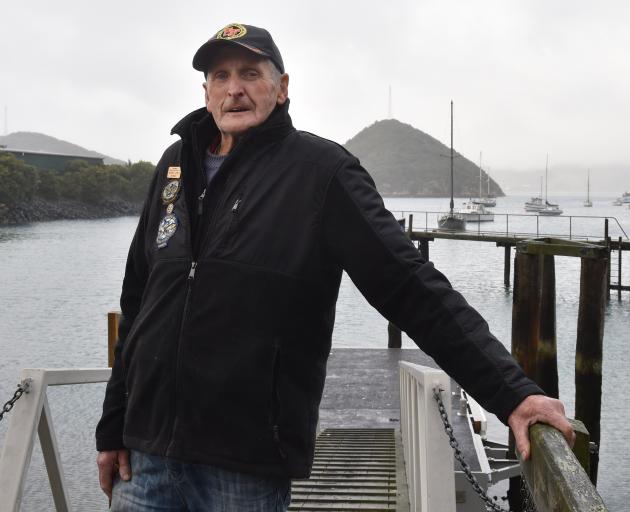
Warren Lewis said new recreational blue cod regulations for the South Island, due to come into effect on July 1, showed a lack of understanding of the local fishery, as a limit of 30 blue cod per person per day would be reduced to different numbers from Otago Harbour to the Rakaia River, and south of Taiaroa Head to Sand Hill Point, in Fiordland National Park, or in popular fishing spots outside the 12-nautical mile boundary.
"Recreational fishers in the greater Dunedin area have been shafted by the sheer incompetence of these proposed recreational bag limits," Mr Lewis said.
The traffic light system replacing the southeast coast’s 30-fish bag limit, which allowed a bag limit of up to 15 fish, brought inconsistencies that would punish local fishers, he said.
The North Otago zone (Rakaia River to Taiaroa Head), which is an orange zone, with a 10-per-person bag limit, except East Otago Taiapure, where the limit is 2 per person, continues into Otago Harbour.
The neighbouring Southern zone (Taiaroa Head to Sand Hill Point) has a daily bag limit of 15 per person.
Now, if fishers take their catch to land through Otago Harbour they face a 66% drop in the previous bag limit, Mr Lewis said.
"That’s just a sham."
Fishers were also not allowed to have in their possession, on their vessel, filleted blue cod.
Filleting fish above the high water mark could lead to fish frames being dumped on land, where there was no provision of cleaning stations.
Ministry for Primary Industries director of fisheries management Emma Taylor said the new rules were to ensure "sustainability of this iconic species".
"Fisheries New Zealand publicly consulted on the strategy and rules last year and more than 3000 people contributed to their development, including 18 public information sessions," she said.
"Fisheries New Zealand acknowledges the new rules will have an impact on some recreational fishers and will continue to discuss them with recreational fishers and fishing clubs.
"We will also carry out an online survey of recreational fishers later this year to monitor the effectiveness and impacts of the blue cod changes."
She confirmed if a recreational fisher crosses from an area with a higher limit, "for example south of Otago Peninsula, through a lower limit area, for example Otago Harbour, they can only legally possess the lower limit of 10 blue cod".
"They can also only land those blue cod in a state that allows their length to be measured — they should not be filleted at sea, as it is impossible to determine whether that fillet came from a fish of a legal size when caught."
A review was possible next year, she said.


